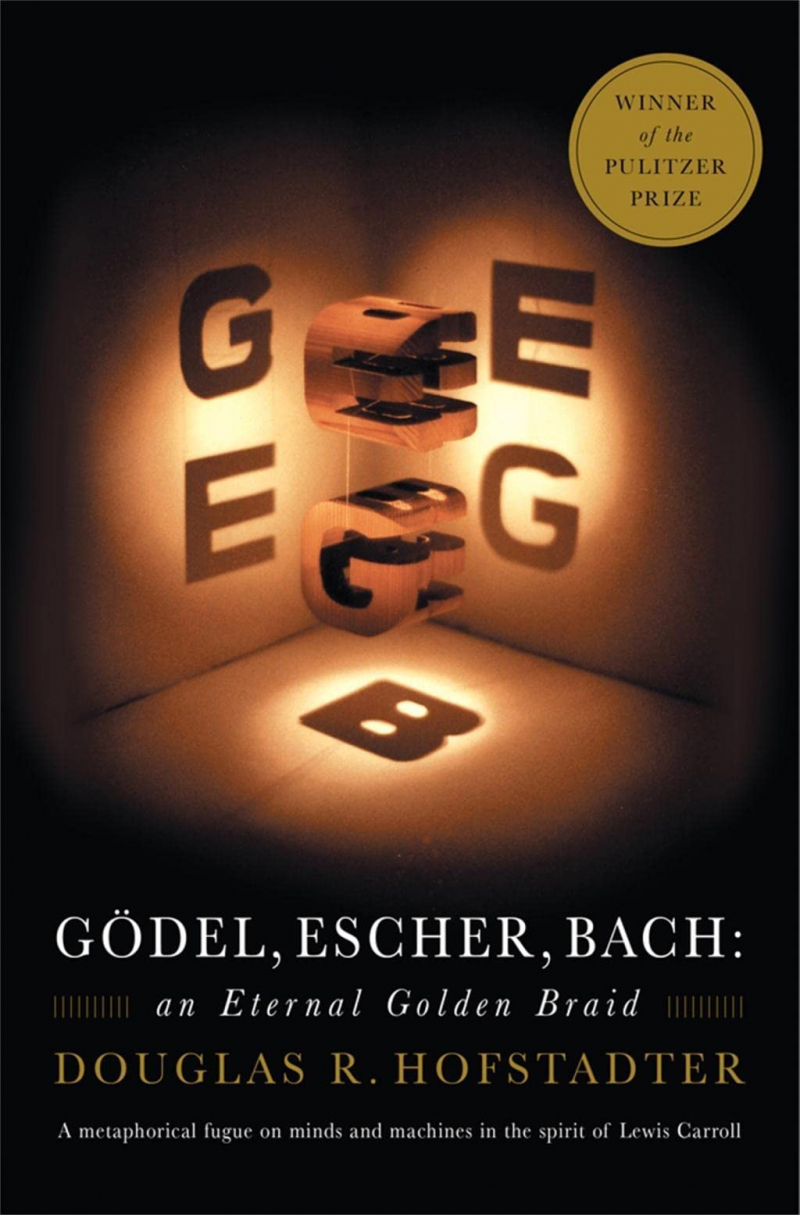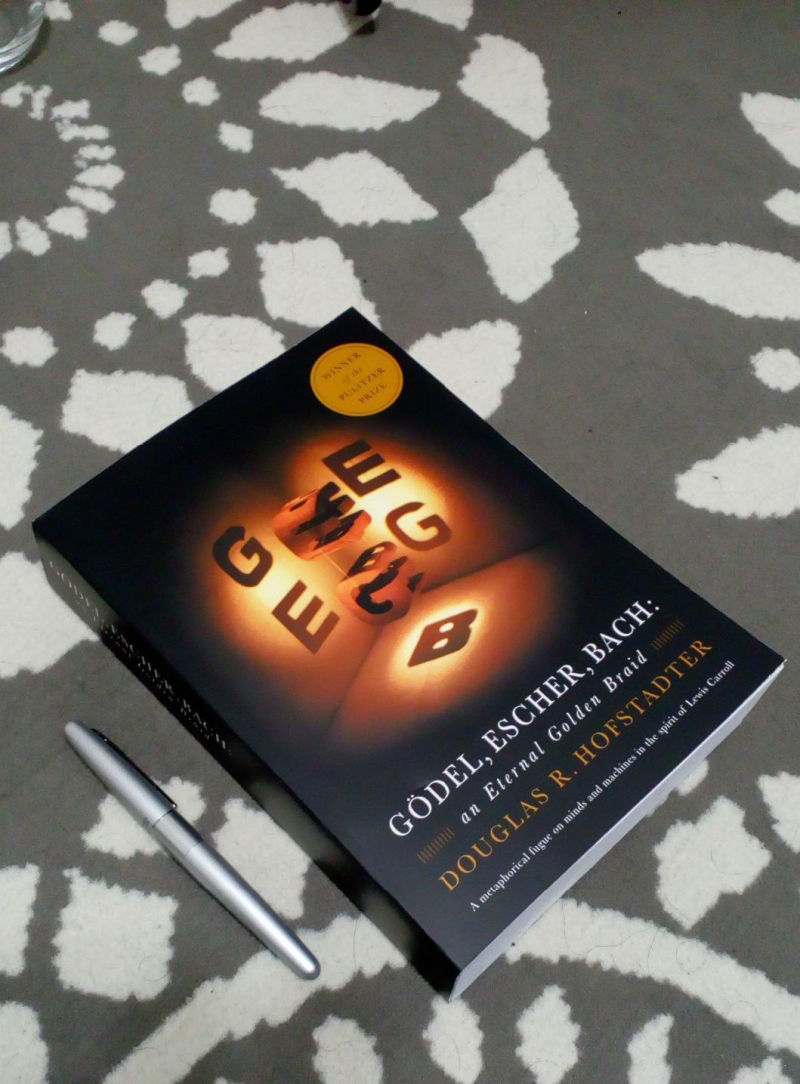Gödel, Escher, Bach
Douglas R. Hofstadter is a Professor of Cognitive Science and Computer Science in the College of Arts and Sciences at Indiana University, Bloomington, where he also runs the Center for Research on Concepts and Cognition. He has written or co-written nine books, including I Am a Strange Loop and Surfaces and Essences, and has contributed to a further eleven. He currently resides in Bloomington.
Douglas R. Hofstadter's Gödel, Escher, Bach: An Eternal Golden Braid is still a marvel twenty years after it topped the bestseller lists. This book examines the unanticipated points of touch between Bach's music, Escher's artwork, and Gödel's mathematics, in addition to being a profound and amusing meditation on human cognition and creativity. It also considers the possibilities for computers and artificial intelligence (AI) to emulate human reasoning. This book continues to set a benchmark for thinking about the future of computers and their relationship to the way we think for both general readers and computer geeks.
Hofstadter's greatest achievement in Gödel, Escher, Bach was making difficult mathematical ideas (such as undecidability, recursion, and'strange loops') understandable and enjoyable. Taking a cue from Lewis Carroll (who may or may not have been a fan of this work), each chapter features dialogue between the Tortoise and Achilles, as well as other characters that dramatize topics that will be covered later in greater depth. Allusions to Bach's music (particularly his Musical Offering) and Escher's consistently paradoxical artwork abound. This more comprehensible material allows the author to go into serious number theory (focusing on the implications of Gödel's Theorem of Incompleteness) while pausing to reflect on the work of a variety of different mathematicians, artists, and thinkers.
Of course, the world has changed since 1979. Although Deep Blue defeated Garry Kasparov in 1997, the book claimed that computers would never overcome humans at chess. And the vinyl record, which serves as the basis for some of Hofstadter's best analogies, is now only available to collectors. Sections on recursion and graphs of some physics functions, like the fractals of modern chaos theory, look enticing. And, of course, AI has progressed with mixed results. Nonetheless, Gödel, Escher, Bach is a tremendous achievement. Its intellectual breadth and ability to help us picture difficult mathematical concepts make it one of the best books of the century for anyone interested in computers and their potential for true intelligence.
Author: Douglas R Hofstadter
Link to buy: https://www.amazon.com/G%C3%B6del-Escher-Bach-Eternal-Golden/dp/0465026567/
Ratings: 6.7 out of 5 stars (from 1785 reviews)
Best Sellers Rank: #4,684 in Books
#1 in Mathematics History
#2 in Machine Theory (Books)
#3 in Mathematical Logic












